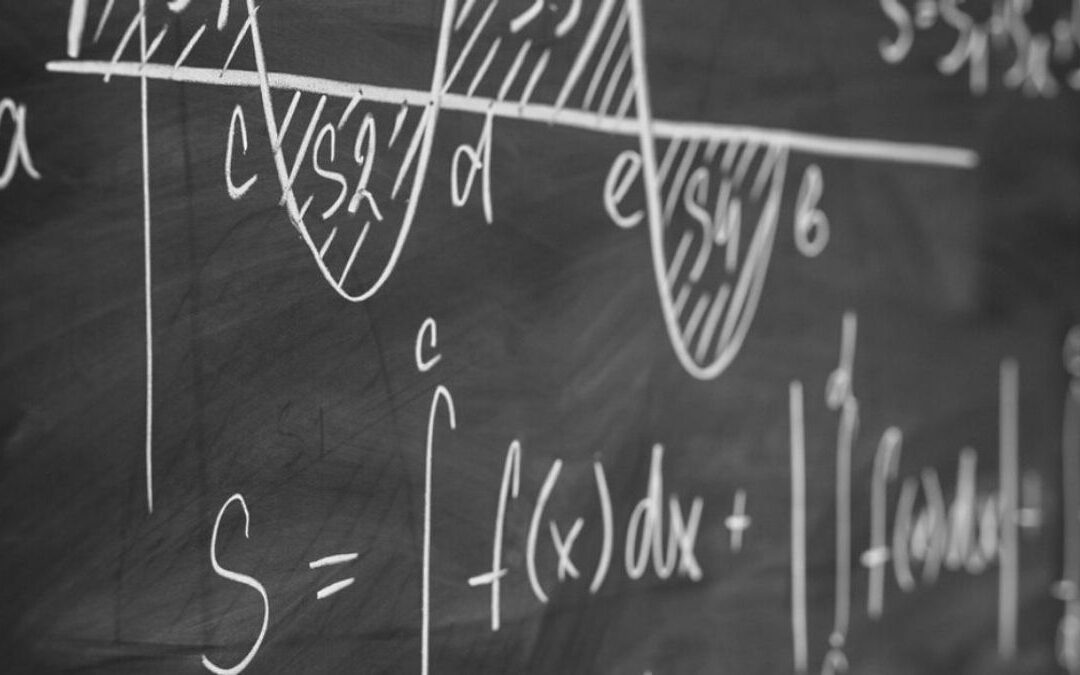The following list, contains a brief summary of more advanced macroeconomics concepts as you are interested in advance in the field:
Dynamic Stochastic General Equilibrium (DSGE) models: These models are used to analyze the fluctuations and interactions of macroeconomic variables over time, in a dynamic and stochastic environment.
New Keynesian Economics: This is an extension of traditional Keynesian economics, which incorporates microeconomic foundations to explain how prices and wages adjust in response to changes in aggregate demand.
Real Business Cycle (RBC) theory: This theory suggests that business cycles are primarily caused by real shocks, such as changes in technology or productivity, rather than monetary factors.
Rational Expectations Theory: This theory assumes that individuals make rational and forward-looking decisions based on their expectations of future economic conditions.
Time Consistency: This concept refers to the idea that a policy decision made today may not be optimal in the future, as the circumstances may change. Therefore, policymakers must consider the long-term implications of their decisions.
Optimal Control Theory: This theory involves determining the best course of action to achieve a specific economic objective, such as minimizing inflation or maximizing economic growth, while taking into account the constraints of the economy.
Endogenous Growth Theory: This theory suggests that economic growth is driven by factors within the economy, such as technological progress, human capital accumulation, and research and development.
Phillips Curve: This curve shows the inverse relationship between unemployment and inflation, suggesting that low unemployment leads to higher inflation and vice versa.
The Lucas Critique: This is a criticism of traditional macroeconomic models, which suggests that changes in policy may affect individuals’ expectations, and therefore alter the relationship between economic variables.
The Quantity Theory of Money: This theory suggests that the level of prices in an economy is directly related to the supply of money, and that changes in the money supply can lead to inflation or deflation.


